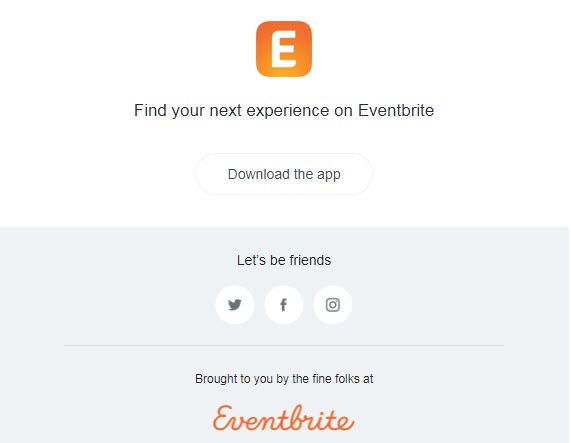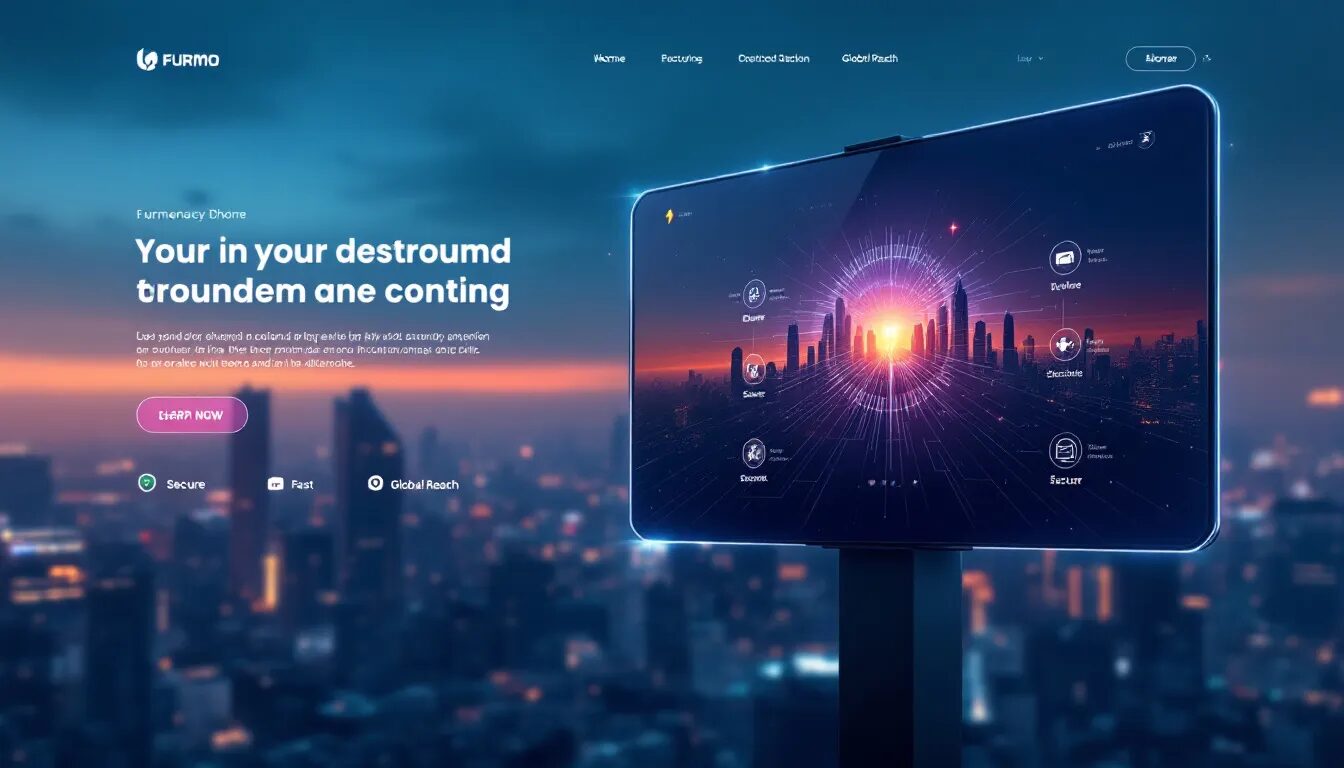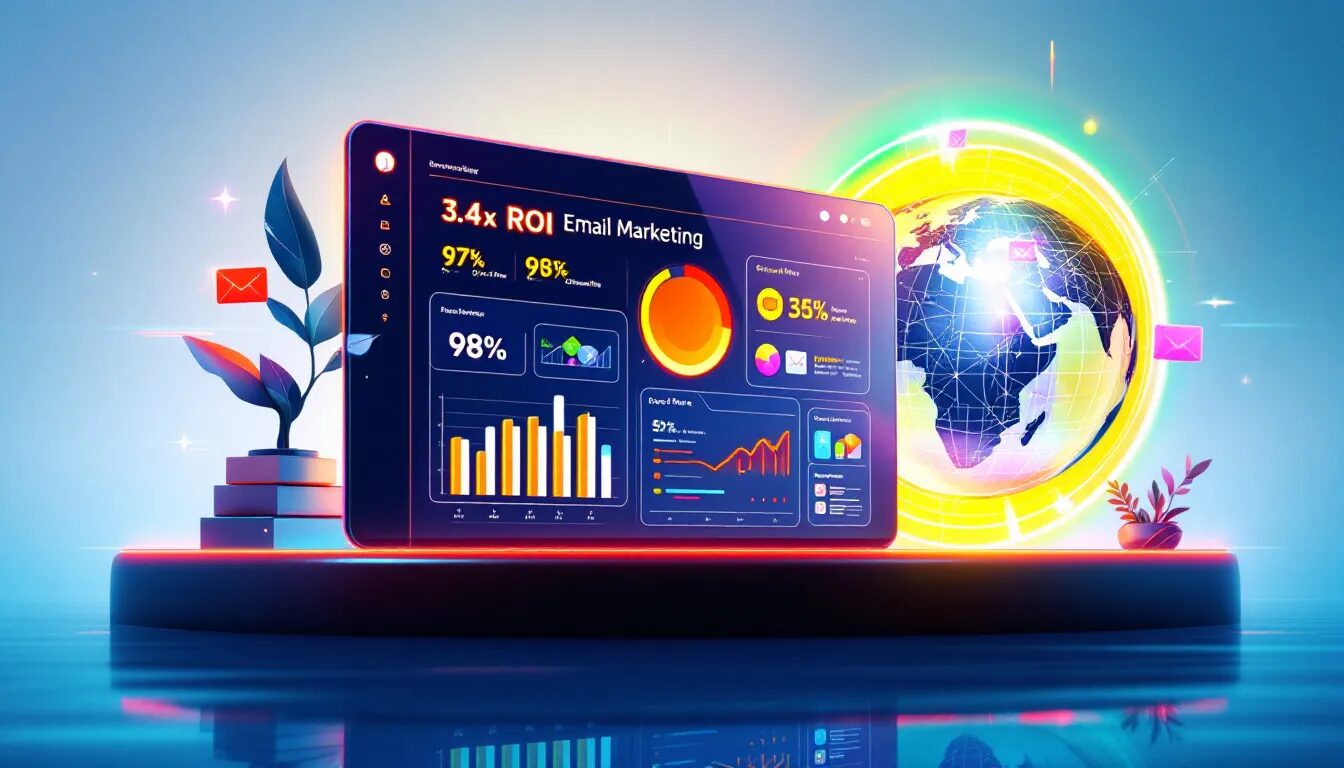
The mystery of email engagement: Solved
As a business owner, time is valuable and — unfortunately — often limited. It can be challenging to deliver emails of consistently high quality, let alone find time to test, optimize and segment. Fortunately, making it easier isn’t an insurmountable feat. A few small changes can produce big results in email engagement, social posts and more:
Killer content
Let’s take a minute to touch on killer content. It will guide your email and keep you on target with the message you want to send readers. If you consistently come to readers with valuable promotions or helpful information, they’ll look forward to hearing what you have to say. Keep in mind that the focus isn’t on what you want to get from them; it’s on the value you can provide. Show early on that you want to help readers, not promote at them. Be timely. Be relevant. Don’t send a Christmas coupon in February. A good idea for building these relationships is giving away useful content for free. It shows people you genuinely want to help, and that you’re not just trying to get a foot in the door to make a sales pitch.
Your first chance: The subject line
You shouldn’t judge a book by its cover, but people can and do judge an email by its subject line. So be direct. The key isn’t to write something vague to capture a nebulous audience or make them curious about the mystery that is your email. The key is to get people to open, look and take action on your emails. This is your first chance to get people interested, so be specific. Say what your email will do for the recipients. Know who your targeted recipients are.
Your second chance: Preheader text
This is the first line of text in your email. The preheader serves as a secondary subject line and gives your readers more motivation to open your email. It’s powerful because it shows up right after the subject line in the inbox — use it to build momentum by previewing what the rest of the email will contain.
A picture’s worth a thousand alt texts
Almost all email browsers “turn of”” images by default; hence, your pretty pictures probably don’t initially render until the reader clicks the “display images” link. When an image isn’t displayed, alt text is the copy that shows up instead of your image. If you don’t actively change your alt text, it’ll use the name of your image. Instead of your alt text reading something like, dogfood.jpg, change it to reflect not only what the image is, but the action you want taken, like: “Save 25% on Dog Food.” This is more action-oriented and will get you more clickthroughs.
Sharing is caring
Including social sharing icons in your email lets readers share your content with their networks such as Facebook, Twitter, Pinterest and LinkedIn. This is a major opportunity to get your content in front of more (and new) people. Beyond the social sharing icons, you can include links in your email that go to your social accounts so that readers can connect with you there. You may find that readers prefer to interact with your business through retweets and pins.
What does it all mean?
What’s the point of the email? What action do you want readers to take? Provide a call to action (CTA) button to make things easy on your reader. Many readers join your mailing list because you promised to provide them with something of value. Besides informative and educational content, people want discounts. Send out coupons, offer special discounts and notify readers of upcoming sales. Give them a good reason to act and an easy way to take the next step.
Test it out
Remember when we briefly brought up testing? Yeah, you need to do that. All of the above are great for getting people to open your email and engage, but it’s important to continuously test out what works well and what could be better. Try creating two subject lines and A/B testing them. Don’t stop with subject lines, though. Test your copy, your CTAs, anything that could affect your customer’s experience.
You have the tools to make big changes to your email game, so get out there and put them to use.
Join 140,000 small business owners
Editor’s note: This article was originally published in September 2012. It has been updated and revamped for accuracy and relevance.
© 2018, Contributing Author. All rights reserved.


 SUBSCRIBE
SUBSCRIBE 


